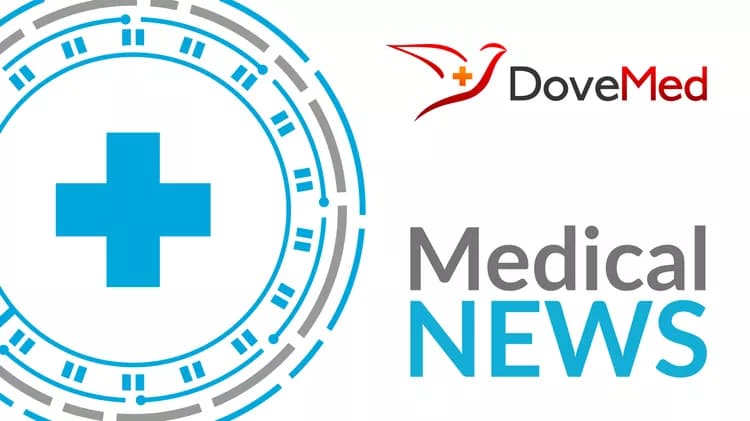
Californian Wildfire Trauma Associated With Cognitive Deficits And Altered Brain Activity
New research led by the NEATLabs at the University of California, San Diego highlights the long-term negative impact of climate stress. Published January 18 in PLOS Climate, the study shows that exposure to traumatic climate like wildfires can have long lasting effects on cognition, particularly the ability to process information in the presence of visual interference.
Although post-traumatic stress disorder (PTSD) after combat or a violent attack has become a recognized and much-discussed phenomenon, the behavioral and physiological effects of severe climate stress is less well-known. With severe climate events such as wildfires and hurricanes expected to increase in the future, studying climate trauma is becoming more important. The new study used behavioral testing and EEG recordings to examine how exposure to the Californian Camp Fire of 2018 affected cognitive ability 6-12 months after the event (before the COVID-19 pandemic). Participants were tested on standard cognitive tests to assess selective attention, inhibitory control, interference processing, and working memory, and results were compared between those who had been exposed to the wildfire and those who had not.
The researchers found that wildfire exposure was associated with subsequently greater difficulty in sensory interference processing—quickly and accurately reporting information from a visual scene when it is surrounded by distracting or conflicting stimuli. Simultaneous EEG recordings showed that those who were exposed to the wildfire also showed greater activity in the frontal cortices of their brains, indicating that they were actually putting forth more cognitive effort, and still not performing as well. These findings are similar to what is seen in PTSD.
Communities and mental health experts could expect similar stress responses and cognitive difficulties after future wildfires and severe climate events, and should be ready with proven interventions that ameliorate interference processing.
The authors add: “Our study shows that climate trauma may affect cognitive and brain functions especially with regard to processing of distractions. This knowledge is useful because it will help guide our efforts to develop targeted intervention strategies.”
#####
In your coverage please use this URL to provide access to the freely available article in PLOS Climate: https://journals.plos.org/climate/article?id=10.1371/journal.pclm.0000125
Citation: Grennan GK, Withers MC, Ramanathan DS, Mishra J (2023) Differences in interference processing and frontal brain function with climate trauma from California’s deadliest wildfire. PLOS Clim 2(1): e0000125. https://doi.org/10.1371/journal.pclm.0000125
Author Countries: USA
Funding: This work was supported by a Tang Prize Foundation grant (JM) https://www.tang-prize.org/ The funders had no role in study design, data collection and analysis, decision to publish, or preparation of the manuscript.
JOURNAL
PLOS Climate
DOI
10.1371/journal.pclm.0000125
METHOD OF RESEARCH
Experimental study
SUBJECT OF RESEARCH
People
ARTICLE TITLE
Differences in interference processing and frontal brain function with climate trauma from California’s deadliest wildfire
ARTICLE PUBLICATION DATE
18-Jan-2023
COI STATEMENT
The authors have declared that no competing interests exist.
Related Articles
Test Your Knowledge
Asked by users
Related Centers
Related Specialties
Related Physicians
Related Procedures
Related Resources
Join DoveHubs
and connect with fellow professionals

0 Comments
Please log in to post a comment.